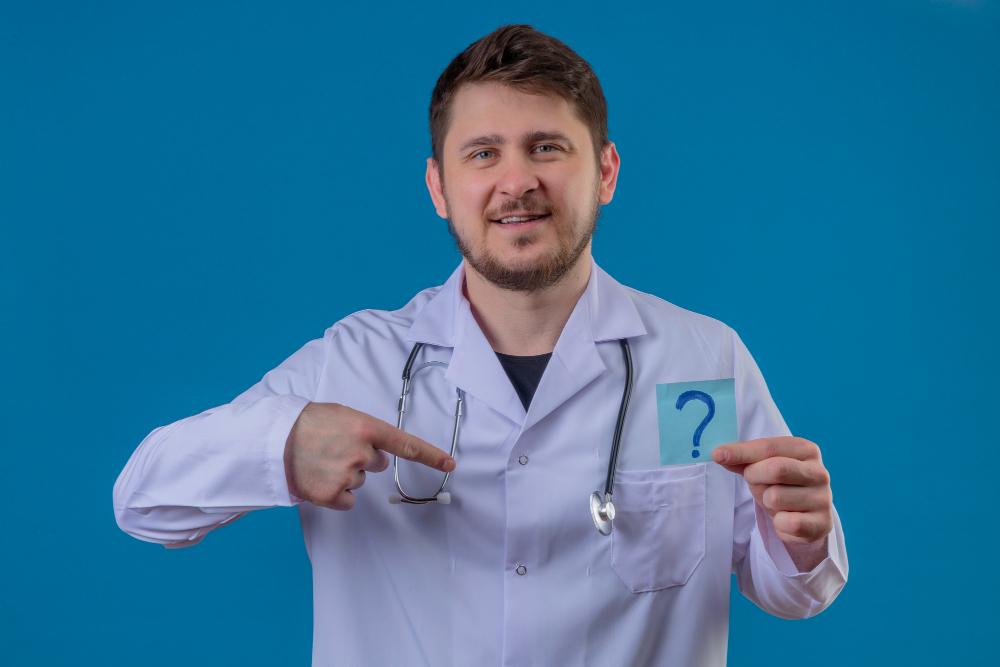Imagine this: someone collapses, there’s panic all around, and everyone is scrambling to “do something”—but no one is really sure what. In emergencies, those crucial few minutes before reaching the hospital can be life-saving—or life-threatening.
If you’ve ever wondered what to do before arriving at a hospital in Gwalior (or anywhere), this post is for you. We’ll walk you through life-saving hospital tips for emergency situations that every Indian family should know.
1. Recognize the Signs: Is This a Medical Emergency?
Common symptoms that need urgent care
Knowing when to act is the first step. Here are situations that demand immediate hospital attention:
- Sudden chest pain or pressure
- Difficulty breathing
- Unconsciousness
- Severe bleeding
- Suspected stroke (slurred speech, facial droop, arm weakness)
- Major burns or head injuries
- Seizures or convulsions
Pro Tip: When in doubt, treat it as an emergency and act fast.
2. Call for Help Immediately
Emergency numbers and apps to save now
- Dial 108 for ambulance services in most parts of India.
- In Gwalior, some private hospitals like Vedant Multispecialty Hospital have their own emergency numbers +91-9039030956
- Install apps like Aarogya Setu, or 112 India for faster access to services.
Don’t delay. Always call for help before starting any first aid.
3. Perform Basic First Aid (If Safe and Trained)
Essential first aid steps that save lives
If you’re trained in basic first aid, follow these safe actions:
- Bleeding: Apply firm pressure with a clean cloth.
- Burns: Use cool (not cold) water to soothe the area.
- CPR: If the person isn’t breathing and you’re trained, begin CPR immediately.
- Choking: Perform the Heimlich maneuver if someone is choking.
Important: Do not attempt medical procedures you’re not trained for. Focus on stabilizing the person until help arrives.
4. Keep a Go-To Emergency Kit Ready
Must-have items in your home/car emergency kit
Be prepared by keeping a small bag or box ready with:
- Bandages and antiseptics
- A list of emergency contacts
- Copies of ID cards and medical history
- Glucose/sugar tablets
- Personal medication (inhaler, insulin, etc.)
- Flashlight and phone charger
You never know when you’ll need it.
5. Know the Nearest Hospital in Gwalior
How to find the right emergency facility near you
Not all hospitals are equipped for emergencies. Research and note:
- Multi-specialty hospitals in Gwalior with 24×7 emergency services
- Contact numbers and directions to the nearest trauma centers
- Estimated travel time from your location
Tip: Use Google Maps to save locations of trusted emergency hospitals in your area.
6. Stay Calm and Keep Communication Clear
Your calm mindset can save a life
Panic helps no one. Try to:
- Speak clearly when describing the situation to emergency responders.
- Assign someone to guide the ambulance to your location.
- Reassure the patient and limit crowding around them.
FAQs
1. What’s the most important thing to do during a medical emergency?
Stay calm, call emergency services, and follow first aid steps if trained.
2. Should I drive to the hospital myself?
Only if emergency services are unavailable. Otherwise, let trained professionals handle the patient.
3. Can I help without first aid training?
Yes—calling for help, providing comfort, and staying calm are already valuable contributions.
Conclusion:
Emergencies don’t come with a warning. But knowing how to respond before reaching a hospital can save lives. Remember the basics—recognize symptoms, call for help, give safe first aid, and know where to go.
Start preparing today—because when the moment comes, being ready can make all the difference.


